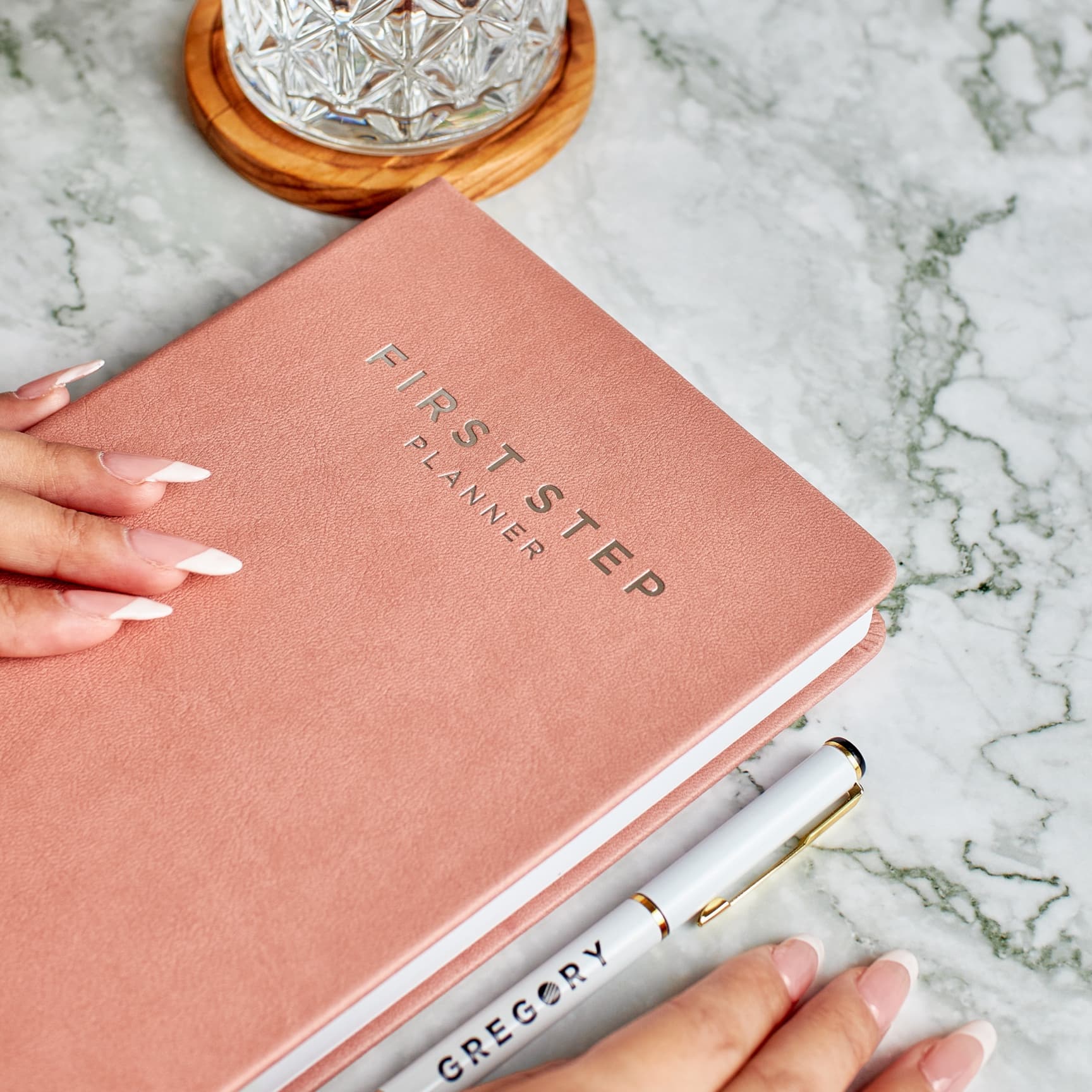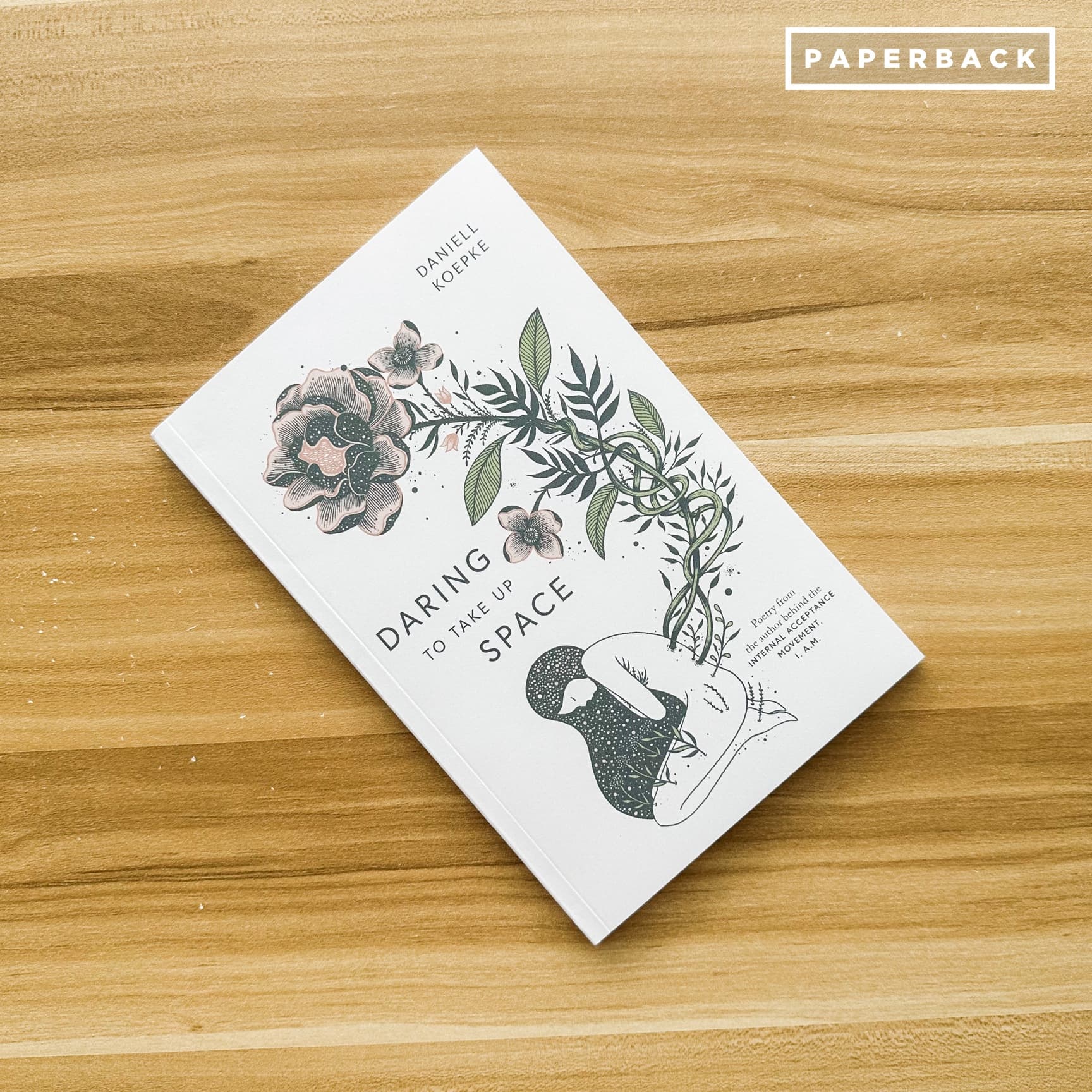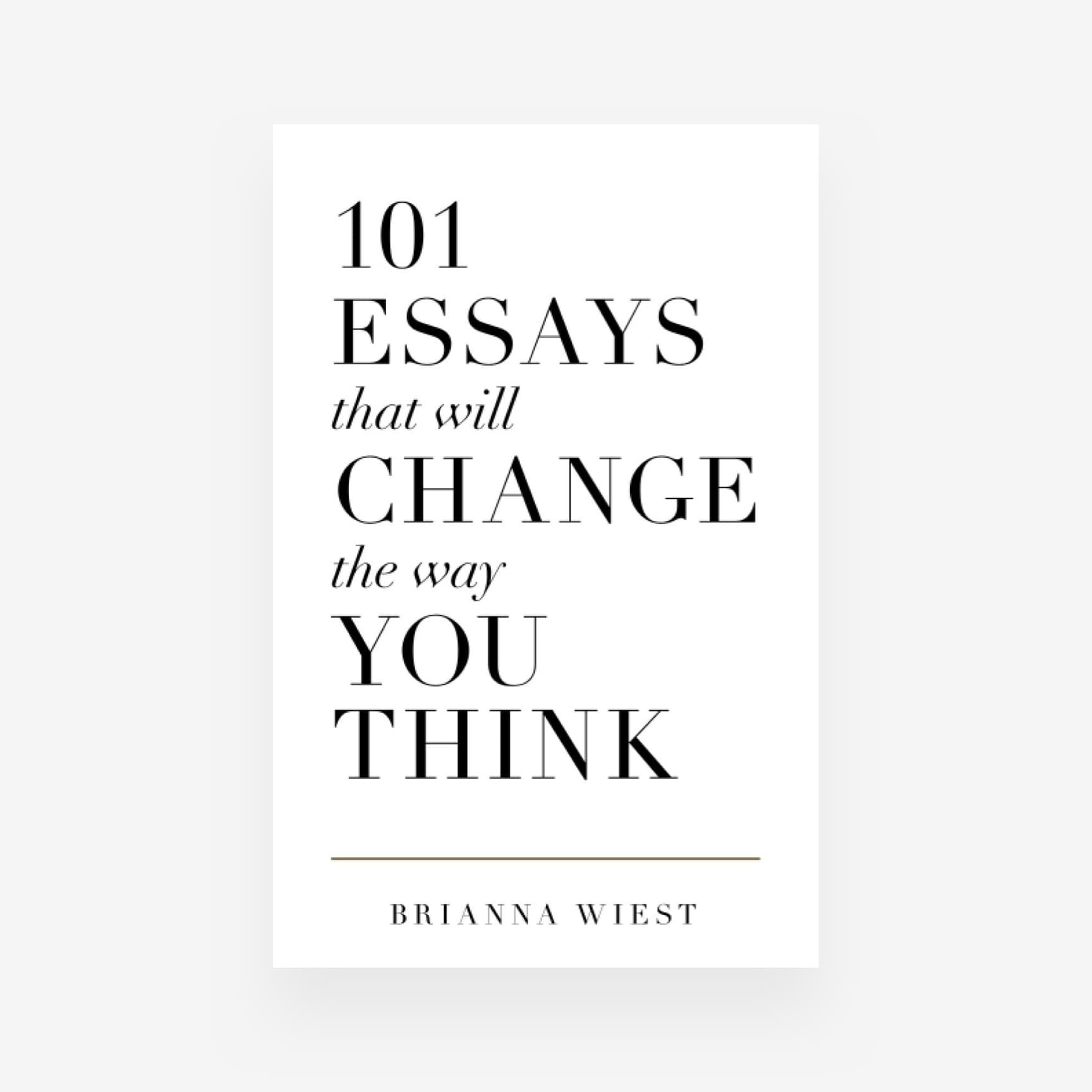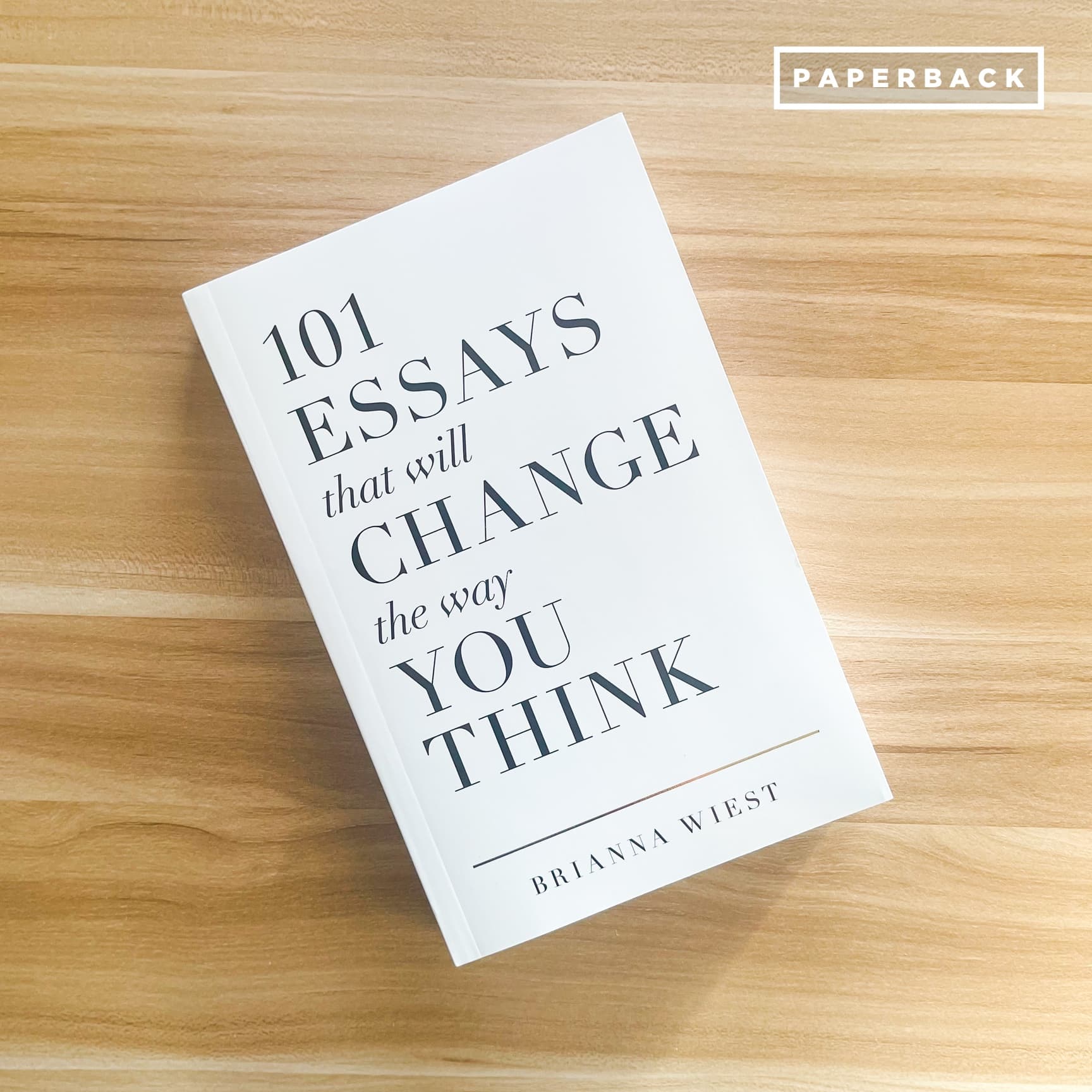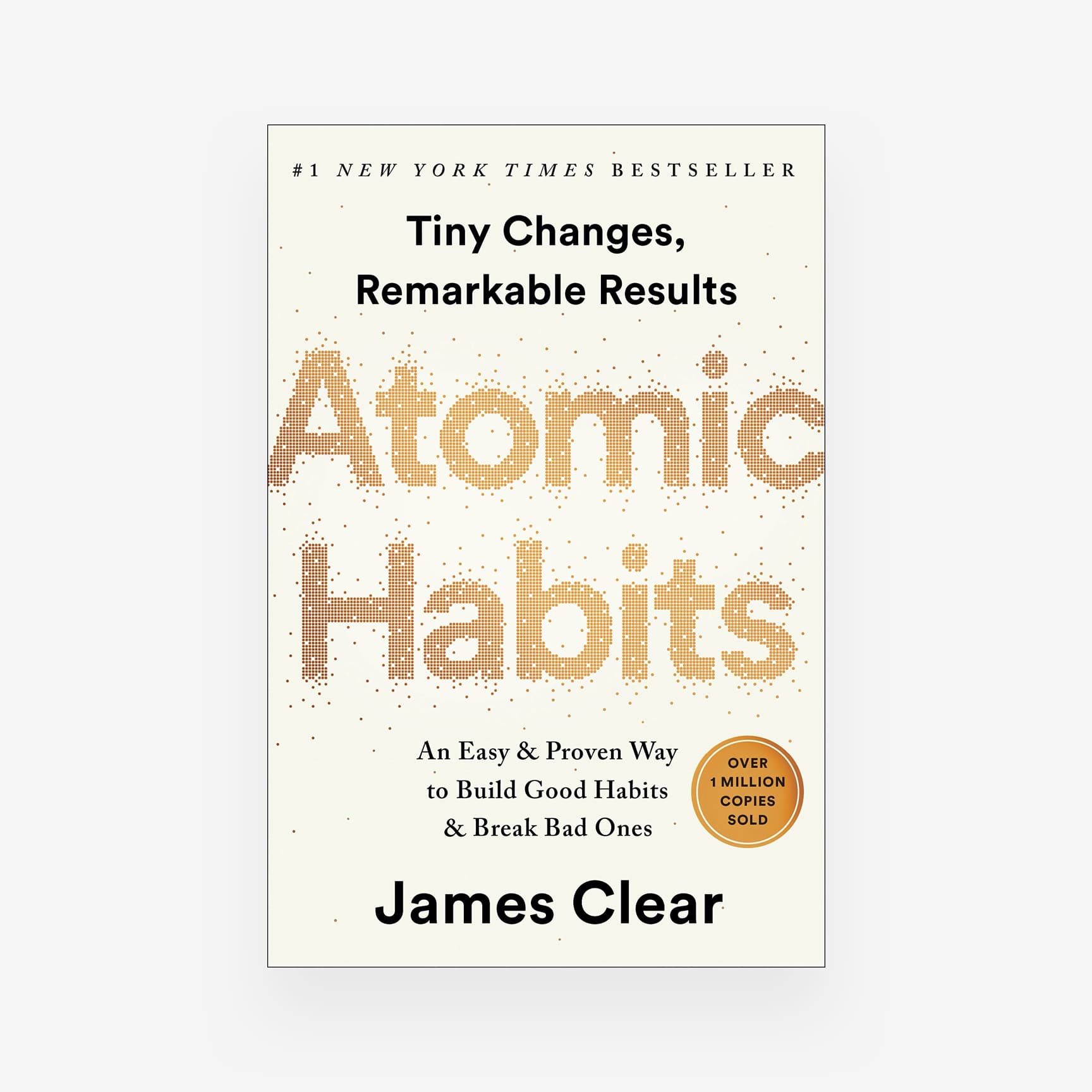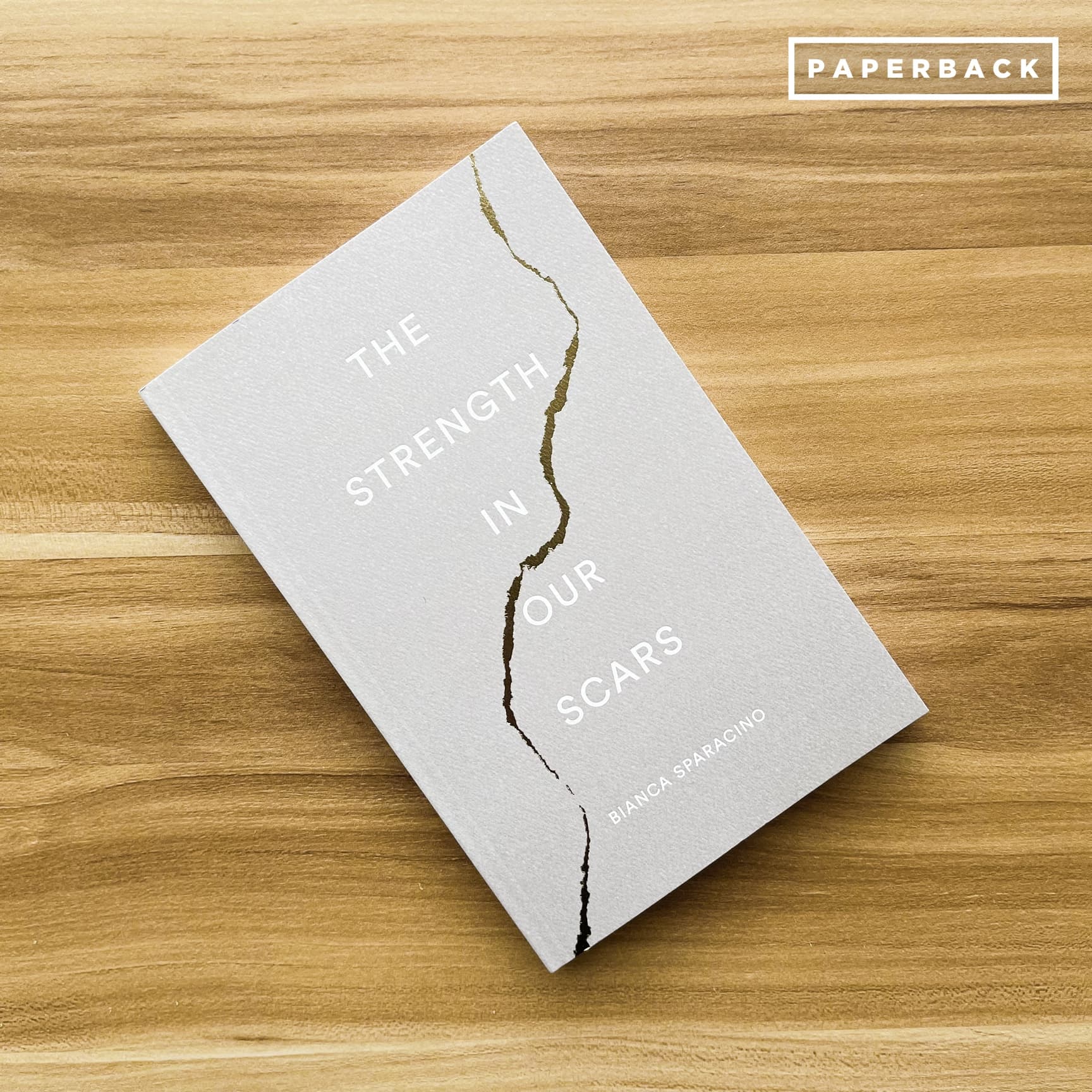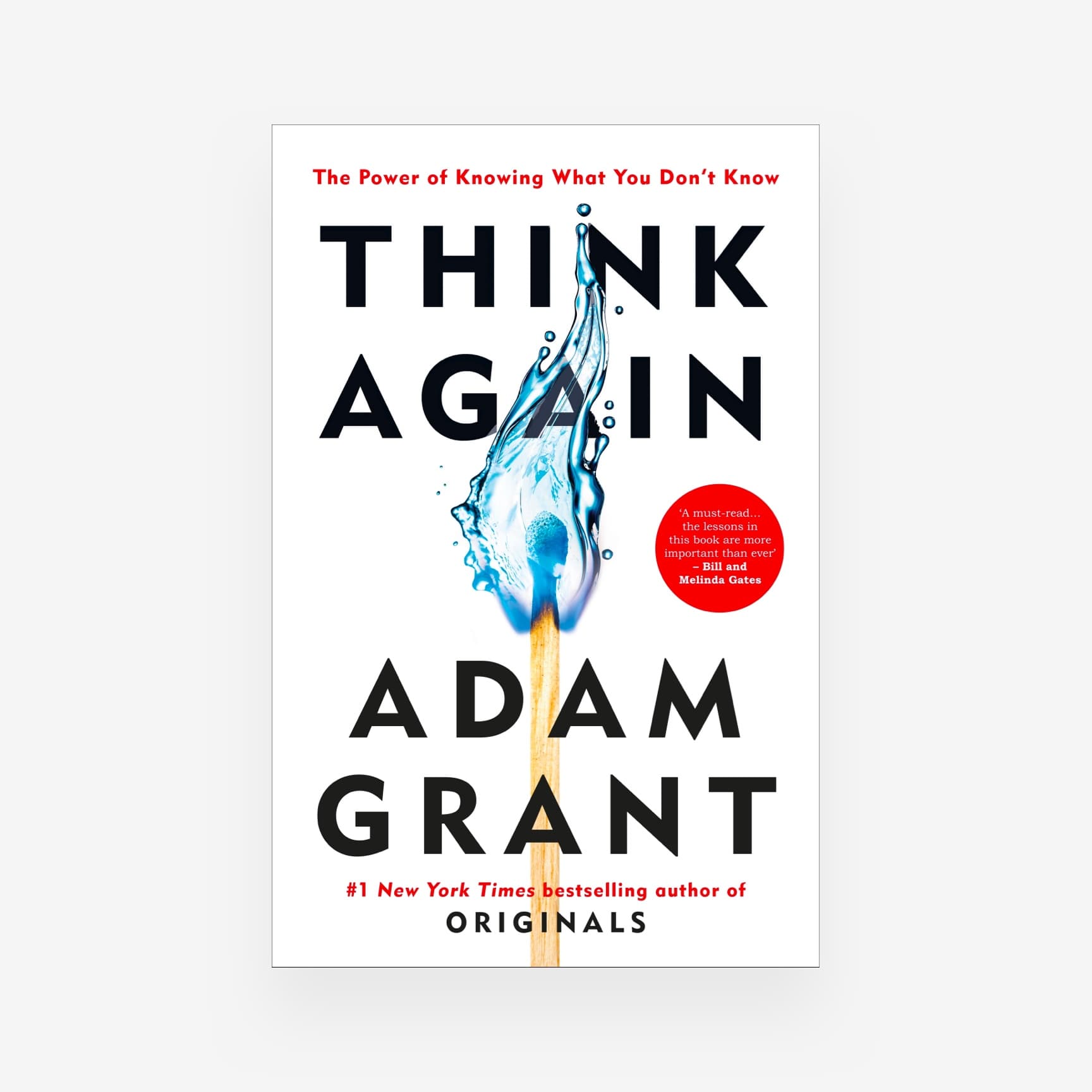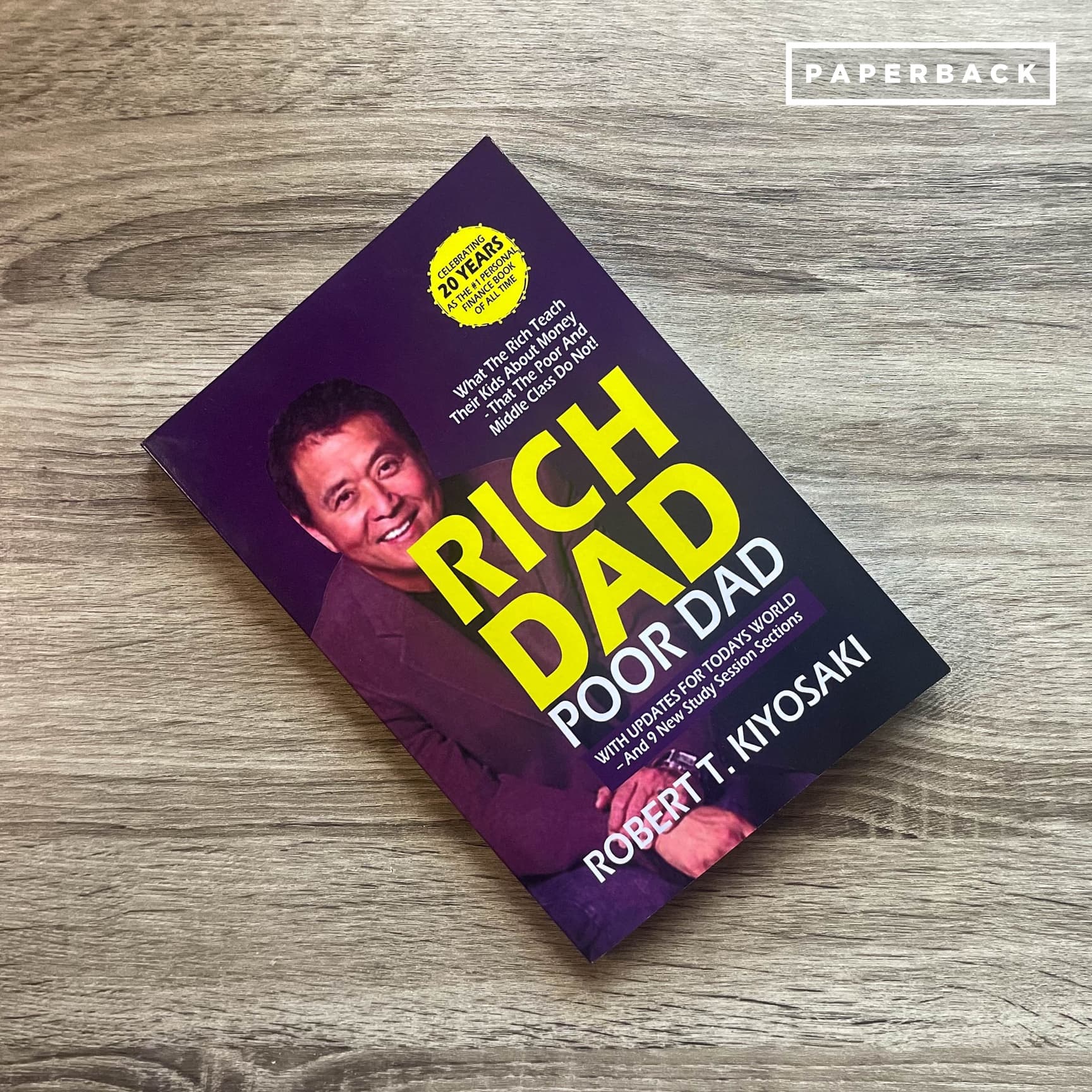Personal time and home responsibilities can feel endless, finding a way to bring order to the chaos isn’t just a luxury—it’s a lifeline.
Enter the humble planner: an unassuming tool that might seem like just a list-maker or schedule tracker, but it’s so much more. A planner has the potential to bring clarity, calm, and control to your day, helping you balance the demands of both work and home.
Here are seven surprising benefits of using a planner that can transform your life and work, unlocking greater peace and productivity.
1. Enhanced Mental Clarity and Focus
A planner acts as a physical space to offload the clutter in your mind. When your schedule, tasks, and goals are written down, it reduces mental load and helps you focus. This enhanced mental clarity can decrease stress and increase productivity, especially when you’re juggling work deadlines with family commitments. Planners can also help prioritize tasks, allowing you to direct your energy where it’s most needed.
Pro tip: Start each week with a ‘brain dump’ session. Write down everything on your mind, then organize those thoughts into actionable items within your planner.
2. Better Time Management and Productivity
One of the primary benefits of using a planner is that it helps with time management. By planning out your day, week, or month, you gain control over how you spend your time. This increased awareness of your schedule leads to better productivity, as you can allocate specific time blocks for different tasks. Whether it’s dedicating a few hours to a work project or setting aside time for family dinners, a planner keeps you on track.
Pro tip: Use time-blocking to structure your planner. By assigning specific time slots for tasks, you can minimize distractions and be more productive.
3. Improved Goal Setting and Tracking
Setting clear goals is a powerful habit for growth, but tracking them can be challenging. A planner gives you a place to outline long-term objectives and break them down into smaller, achievable steps. By revisiting your goals in your planner regularly, you’re more likely to stay committed and see real progress. This can apply to work-related ambitions, personal development goals, or even home projects you’ve been putting off.
Pro tip: Create a dedicated goals section in your planner. Write down yearly, monthly, and weekly goals, and revisit them to track your progress.
4. Increased Accountability and Motivation
Writing tasks and goals in a planner increases your sense of responsibility. When something is written down, it becomes more tangible, holding you accountable for getting it done. Moreover, the satisfaction of crossing off completed tasks can be incredibly motivating. Each checkmark or strikethrough serves as a visual reminder of your accomplishments, reinforcing a sense of progress.
Pro tip: At the end of each day, review what you’ve achieved. This small act of reflection can keep you motivated for the following day.
5. Enhanced Organization and Reduced Stress
A planner allows you to manage multiple responsibilities in one place, bringing structure to your day. By organizing work tasks, family obligations, and personal goals in a single tool, you’re less likely to overlook important details. This sense of control and preparedness reduces stress and allows for a more balanced lifestyle. In turn, your productivity can flourish, free from the constant worry of missing something essential.

(Photo from the wires)
Pro tip: Color-code your planner for different areas of your life. For example, use blue for work, red for family, and green for personal goals. This simple visual cue can enhance organization and ease.
6. Cultivation of Healthier Habits
Beyond organizing tasks, a planner can be a powerful tool for creating and maintaining healthy habits. For instance, you can include reminders to exercise, hydrate, or take breaks throughout the day. By integrating these habits into your daily schedule, they become more manageable and achievable. Over time, these small steps accumulate, supporting your overall well-being.
Pro tip: Use habit trackers within your planner. Many planners have dedicated sections for habit tracking where you can mark off days you’ve completed specific tasks like drinking enough water or exercising.
7. Improved Work-Life Balance
Juggling home responsibilities with work commitments can be daunting, often leading to burnout. A planner helps set clear boundaries between these two spheres, allowing you to allocate time effectively. You can prevent work from spilling over into family time by setting “non-negotiable” slots for personal activities. This balance not only enhances productivity but also enriches personal life, fostering a healthier, happier lifestyle.
Pro tip: Set weekly personal goals in your planner that align with family or relaxation time. Commit to honoring these goals just as you would with professional obligations.
Conclusion
Using a planner is more than just a tool for organizing tasks; it’s a transformative ally that enhances many areas of your life. From reducing stress to fostering healthier habits, the benefits of planning extend well beyond productivity.
A planner like Gregory Books PH's First Step Planner can help you bring these strategies into your daily routine, becoming the compass that guides you toward a more balanced, fulfilled life. Let this be the small but powerful step that reshapes your day, your goals, and ultimately, your journey.
Check out these blogs:

